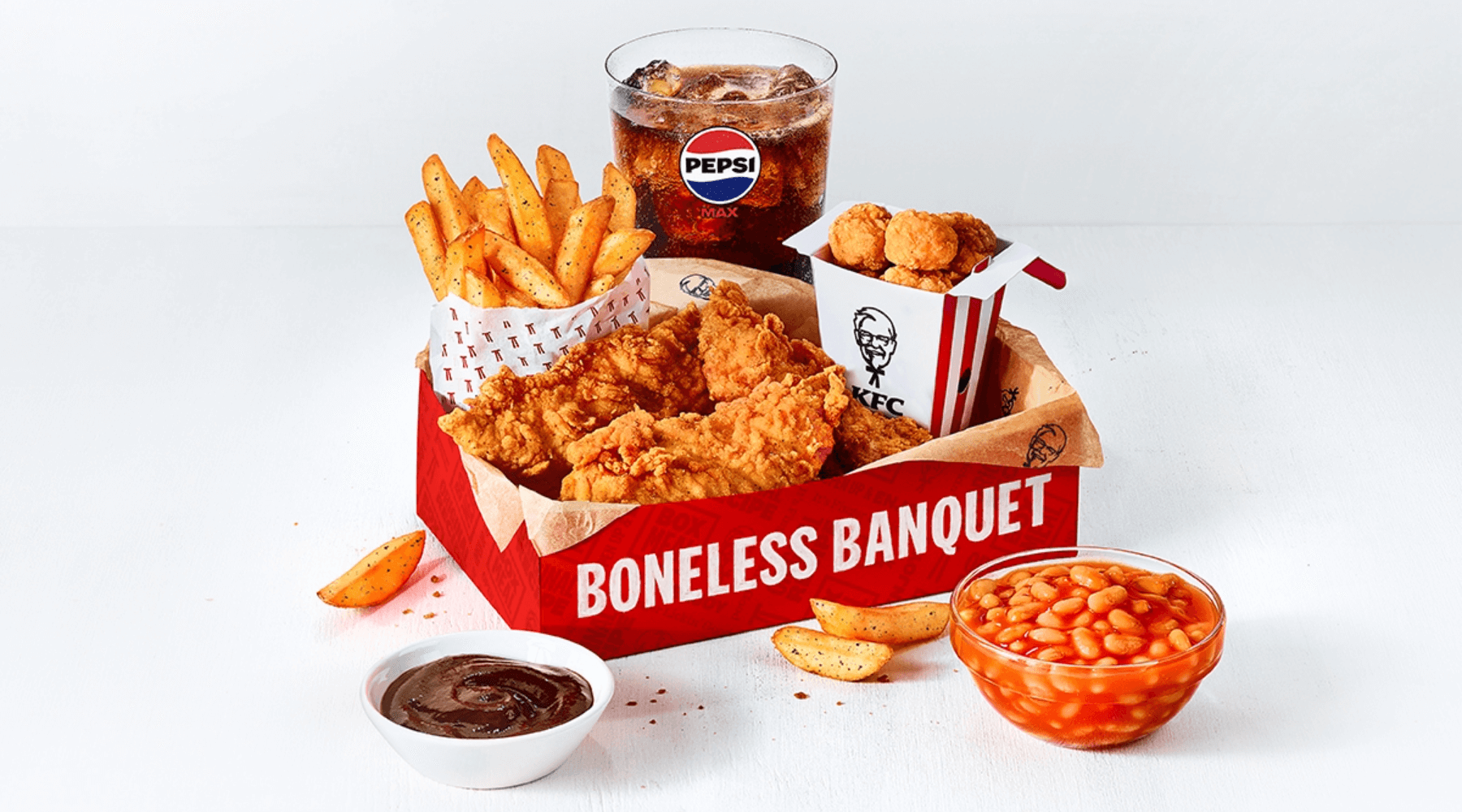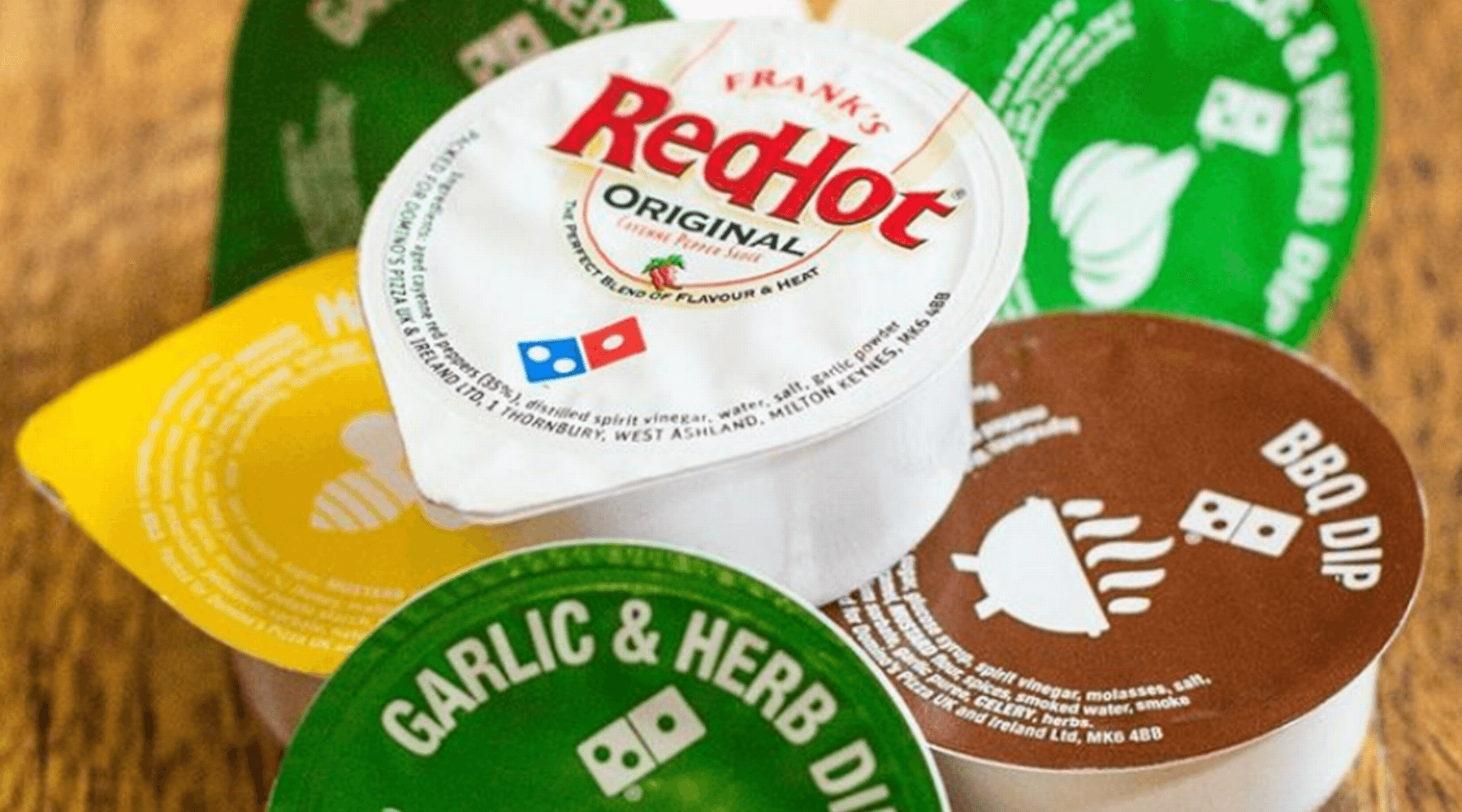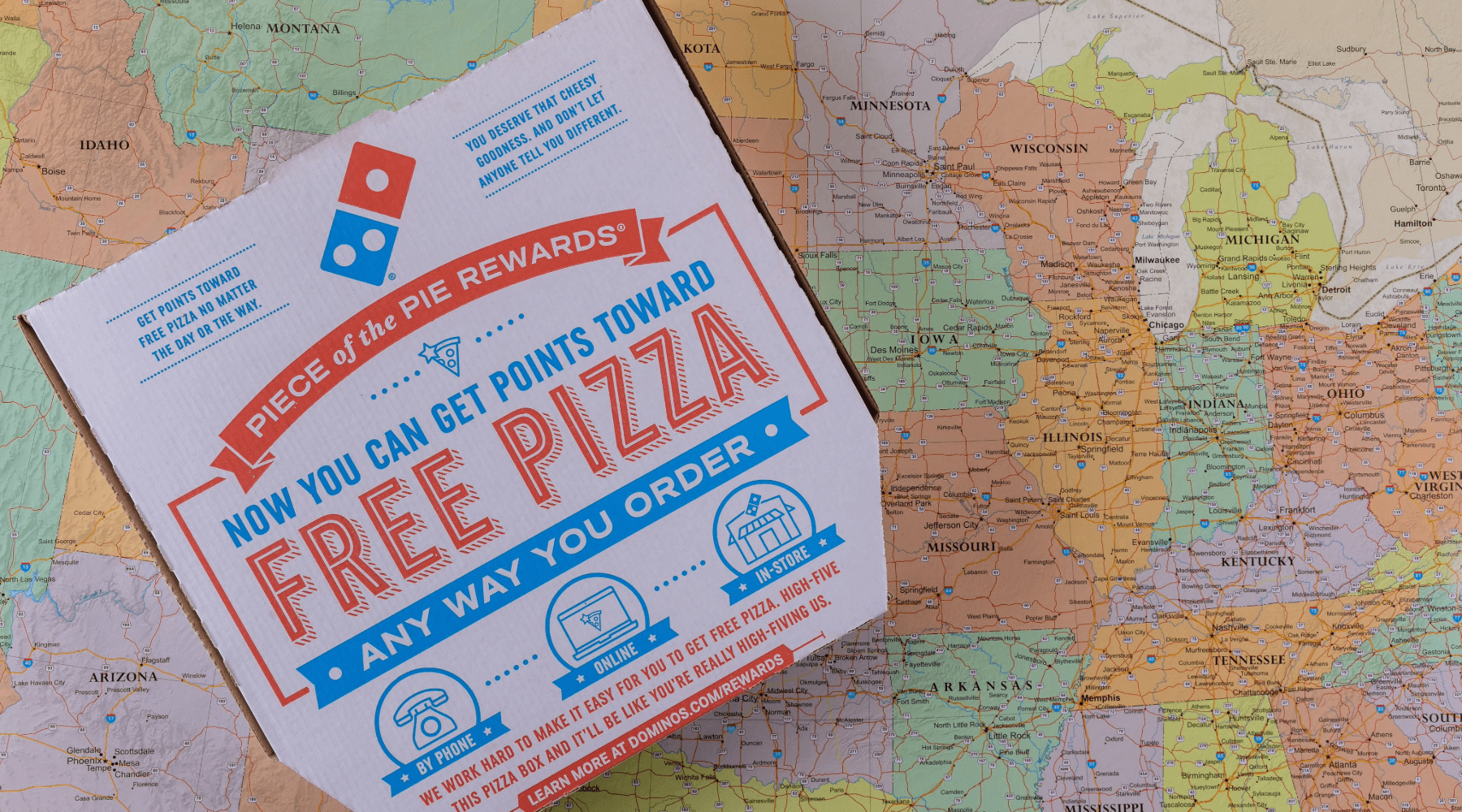Legal Distinction: Composite vs. Separate Supplies
Posted by Emma on 19th Oct 2024 Reading Time:
The distinction between composite supplies and separate supplies under VAT law is at the core of the KFC dip pot VAT case—and many similar cases.
Composite Supply:
A composite supply occurs when two or more elements are so closely linked that they are treated as a single, indivisible transaction for VAT purposes. In such cases, the principal element determines the VAT treatment of the entire transaction. The key legal test for whether something constitutes a composite supply is whether splitting the supply into its components would be artificial from the perspective of the consumer.
In the case of KFC, the tribunal ruled that the dip pots were ancillary to the hot food in the meal deal. The dips were not an aim in themselves but rather a means to enhance the enjoyment of the hot food, which was the principal element of the supply. Therefore, the entire meal—including the dips—was subject to the standard VAT rate of 20%.

Separate Supply:
On the other hand, separate supplies occur when each component of a transaction can be treated independently for VAT purposes. If a transaction includes a separate supply of a zero-rated item (e.g., cold food), then the VAT treatment applies only to that individual supply.
Queenscourt (KFC's operator) argued that the dip pots should be treated as a separate supply of cold food, which would make them eligible for zero-rating. This was because the dips could be purchased independently, were listed separately on menus, and were not physically integrated into the packaging (as in the Domino's case).
Key Tests and Exceptions
The legal principles surrounding composite and separate supplies often rely on several tests established by case law, including:
Single Indivisible Transaction: Can the components be sold or used separately, or do they serve a single purpose? If a typical consumer does not purchase the components independently, they are likely to be treated as composite.
Ancillary Elements: Ancillary supplies are those that are not an end in themselves but merely a means to better enjoy the principal supply. In this case, the dips were deemed ancillary to the meal deal.
Consumer's Perspective: Courts frequently take the perspective of the typical consumer. This subjective test helps determine how a consumer views the transaction: Is it a bundled experience, or do they see the elements as distinct?

Future Implications for Businesses
The KFC ruling highlights several points that businesses should consider when structuring products and services:
Bundled Offerings and VAT: Businesses that offer bundled products—whether in the food and beverage industry or beyond—must be aware of how closely related the components of the bundle are. If the bundle serves one purpose (as in the case of meal deals), it's likely to be treated as a single, VATable supply. Companies must ensure that ancillary items like sauces or condiments are accounted for correctly if they wish to avoid costly disputes with HMRC.
Impact on Pricing: The VAT treatment of composite vs. separate supplies can directly affect pricing strategies for businesses. Businesses may have a pricing advantage if an item can be considered a separate zero-rated supply. However, if it is ruled to be part of a composite supply, the added VAT liability could affect profitability or necessitate price adjustments.
Consumer Choice: Future cases will likely hinge on how much choice a consumer has in purchasing ancillary items separately. If consumers are forced to buy additional components as part of a larger supply, this may reinforce the idea of a composite supply. However, the case for separate supplies strengthens if they have genuine freedom to purchase items independently.
Precedent for Similar Cases: This ruling could influence future VAT cases in other industries where bundled offerings are common, such as telecommunications, insurance, or leasing agreements. The case highlights that businesses must consider how they present, price, and market additional items to avoid inadvertently creating composite supplies that attract higher VAT.

To avoid becoming overly technical, businesses must focus on how consumers view their products and whether ancillary items are genuinely optional. For instance, if a consumer has the option to leave out a particular item, that strengthens the case for treating it as a separate supply. However, if the item is seen as enhancing the primary product, it may be subject to the same VAT rate.
In conclusion, while the KFC dip pot case may seem specific to fast food, the ruling sets a precedent for how businesses must approach the VAT treatment of bundled items. The tribunal's decision underscores the importance of consumer perspective and the principle of composite supply, reminding companies across sectors to carefully consider how they structure their product offerings to minimise VAT complications.
This analysis shows that businesses must stay alert to VAT treatment's intricacies, particularly when bundling goods and services. Understanding these legal distinctions can have significant financial implications, making it essential for businesses to remain compliant while maximising opportunities within VAT regulations.
This deeper dive provides more clarity on the principles at play and how future cases might evolve without overwhelming the reader with legal jargon or overly complex details. Let me know if you'd like to explore any other angles!

